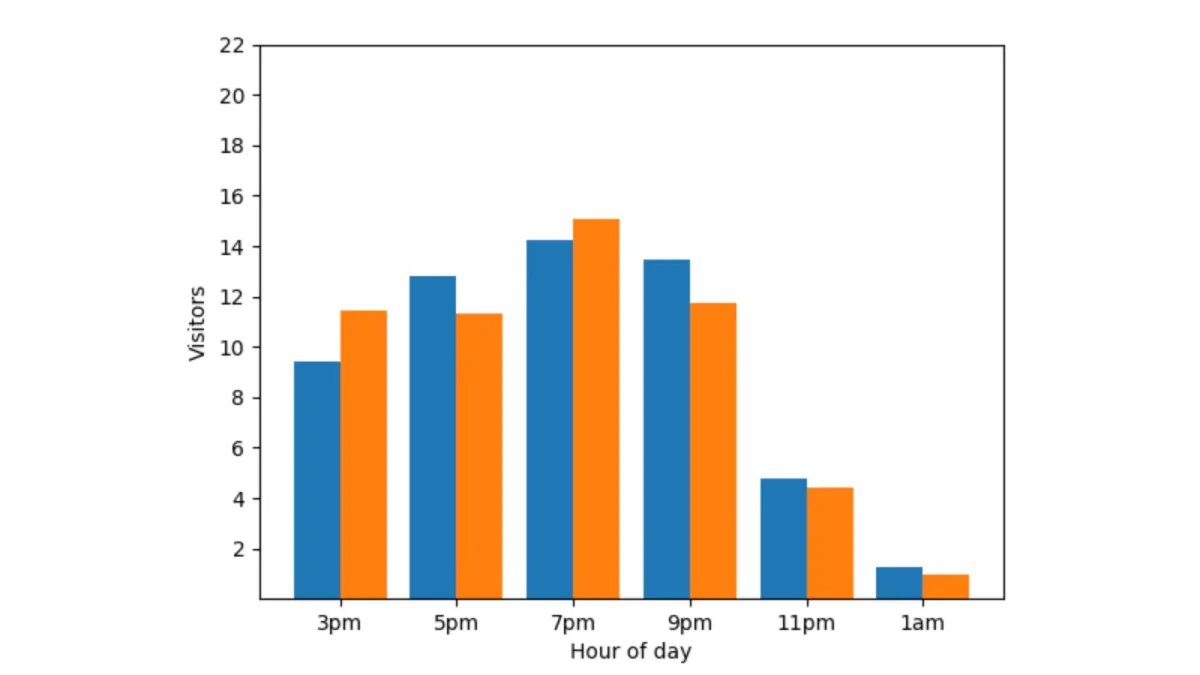
Google Cloud this week announced the general availability of differential privacy for its BigQuery data warehouse platform. This enhancement introduces a powerful new tool to protect sensitive customer information while still enabling valuable data analysis.
Differential privacy is a sophisticated method for anonymizing data. When you analyze a dataset, it's sometimes possible to pinpoint information about a specific individual unintentionally. Differential privacy works by adding calculated "noise" to query results, making it impossible to identify any single person's data without destroying the usefulness of trends and overall insights.
Why This Matters for Businesses
- Enhanced Privacy: Differential privacy helps companies meet stringent privacy regulations like GDPR, HIPAA, and CCPA. It enables responsible sharing of data insights internally and externally without compromising sensitive details.
- Balancing Act: This tool addresses the tension between privacy and maximizing the value of data. Businesses can make informed decisions based on patterns and trends without the risk of re-identifying individuals.
- Competitive Advantage: Companies who prioritize data privacy can build stronger trust with their customers, offering an advantage in their market.
How Does it Work in BigQuery?
Google's BigQuery now allows users to create specially structured queries that incorporate differential privacy. The system automatically calculates noise levels and adds it to the results in a way that protects privacy while maintaining the integrity of broader insights.
Use Cases
- Healthcare: Analyzing medical records to identify disease trends without compromising patient identities.
- Finance: Enabling analysis of financial transactions securely, allowing collaboration across banks with less risk.
- Marketing: Sharing customer behavior patterns for market research without revealing the details of individuals.

